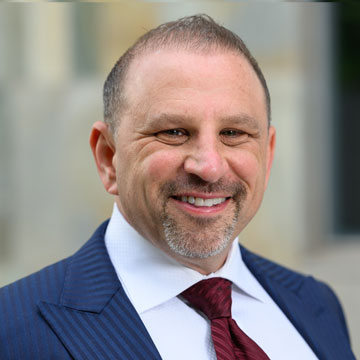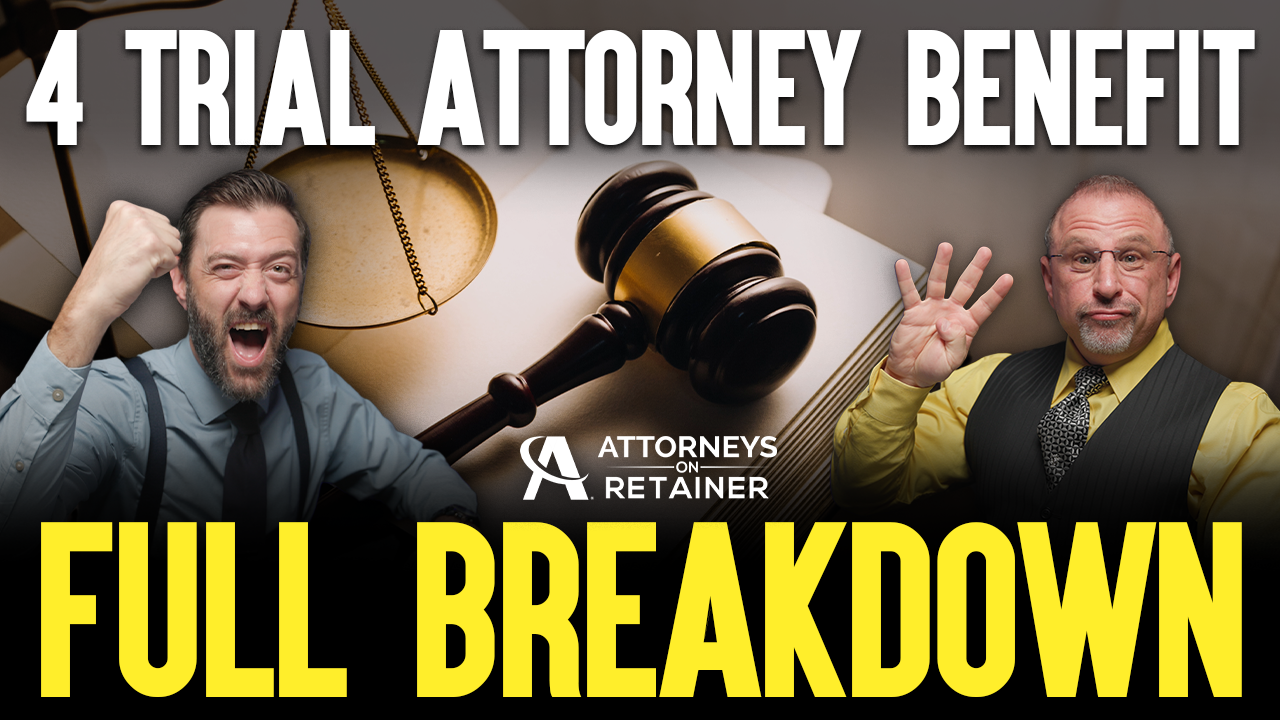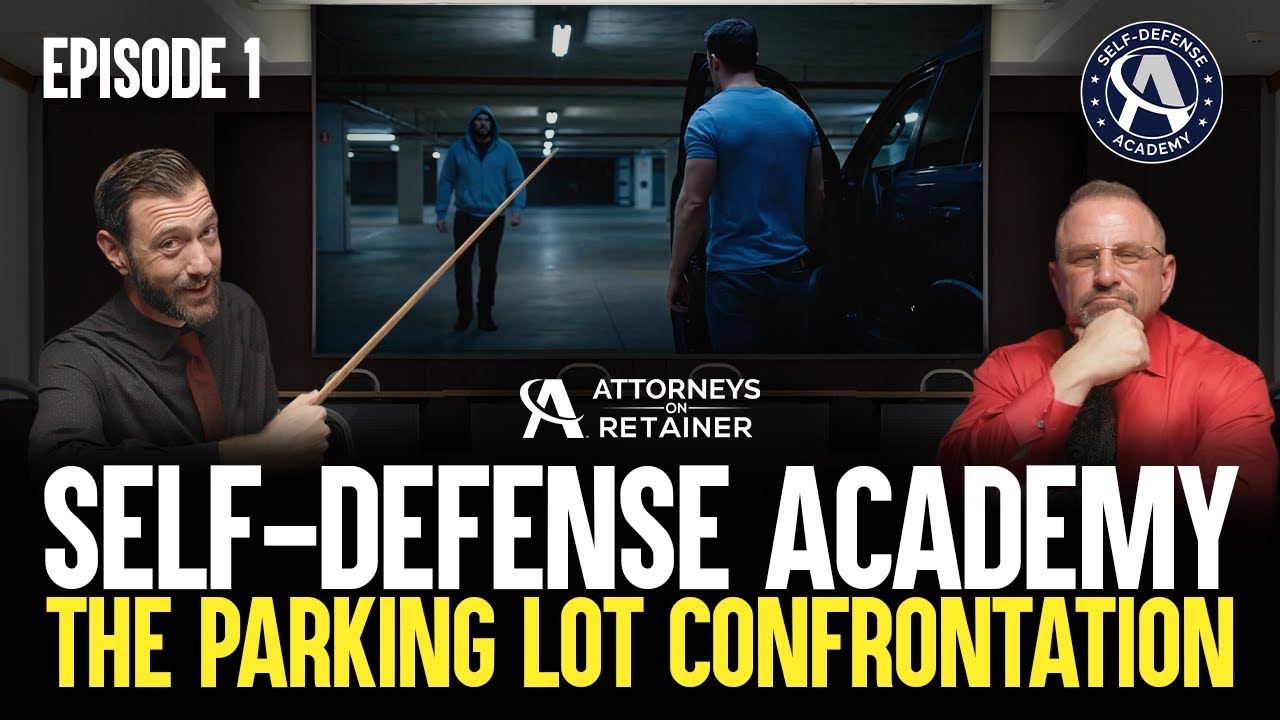Power to the Jury - How Jury Nullification Could Allow a Jury to Overrule the Law
By Attorney Marc J. Victor
April 5, 2024
You might have heard us mention Jury Nullification in our previous videos, but we haven’t gone into detail about what it is, why it matters, and why we think the law around it needs to change. When someone serves on a jury in a criminal case, they must agree to base their decision on the law as explained by the judge. The judge presents the laws to the jurors, and it’s up to them to decide whether to follow the law or return a not guilty verdict by using Jury Nullification. Jurors have more power than they are often told.
Key Points:
- What Is Jury Nullification?
- The Power and Limits of Jury Nullification
- Examples of Jury Nullification
- Historical Context and Founding Fathers on Jury Nullification
What Is Jury Nullification?
Jury nullification is when a jury decides to say someone is “not guilty” even if there is strong evidence showing that the person did commit the crime. Although juries have the ability to do this, they are not officially told about it, and they must promise to follow the judge’s instructions on the law.
We use special jury instructions tailored to match our version of the case, ensuring that the jury understands the relevant legal rules. Given at two key times—preliminary instructions at the start to provide a basic understanding of the law, and final instructions at the end, customized to support our arguments—these instructions are crucial for helping the jury correctly apply the law while making their decision.
“At the end of a trial, we have the chance to talk directly to the jury and try to convince them to see our side of the case using special jury instructions."
The Power and Limits of Jury Nullification
Juries have the ability to nullify, which means they can decide not to enforce a law they think is unfair, but they aren’t officially told about this power. Jury nullification is important, especially in cases where the law seems unjust or doesn’t harm anyone. We believe that juries should consider both the facts of the case and whether the law itself is fair.
However, criminal defense attorneys are prohibited from directly advocating for jury nullification in court. They cannot explicitly tell the jury that they have the power to nullify the law, as doing so could lead to sanctions, a mistrial, and the case being retried. This restriction ensures that jurors follow the law as instructed by the judge, rather than making decisions based on their personal beliefs about the law’s fairness. These laws make actions illegal even though they don’t hurt anyone, leading to unnecessary arrests and unfair punishments.
“We believe some laws are fundamentally wrong and unjust, and should be removed, particularly those involving victimless crimes."
An example of a victimless crime would be when individuals are charged with possessing a firearm with a barrel that is too short, there is no actual victim, and these laws do not serve justice. Even if the prosecution proves every element of the crime beyond a reasonable doubt, the jury should have the power to return a “not guilty” verdict to send a message that the law itself is flawed.
Examples of Jury Nullification
“There are cases when a “good guy” shoots a “bad guy” during an armed robbery, suggesting that under certain facts, jury nullification could prevent unjust convictions."
Houston Taqueria Incident:
There was this case in which a shooting incident took place at a Taqueria in Houston. During an armed robbery, a customer with a gun shot the armed robber. At first, the customer fired four shots into the robber’s back, which was considered legal self-defense. However, after the robber fell and dropped his weapon, the customer fired four more shots and then a final shot that likely killed the robber. Although the last shot was hard to justify legally, a Texas grand jury chose not to indict the customer, effectively using jury nullification. They believed that, given the specific circumstances, the law should not be applied as strictly. This kind of discretion should be available to all juries, allowing them to consider the broader context and morality of each situation.
Historical Context and Founding Fathers on Jury Nullification
The founding fathers strongly supported jury nullification to protect against government tyranny. They believed that the community, represented by the jury, should have the final say in judging both the facts and the law. Some states even refused to approve the United States Constitution until the right to a jury trial was included. They insisted on this right because they believed so strongly in the jury’s role as a final check on government power.
“We think that changes in the law will let juries know they have the power to ignore laws they believe are unfair or wrongly applied."
We believe to maintain a fair justice system; we need to be able to inform jurors about the importance of jury nullification and their ability to use it in determining the outcome of cases.
If you found this information on jury nullification beneficial and would like to know more about our law firm or our self-defense protection program Attorneys On Retainer, please call 866-404-5112 or email us.




